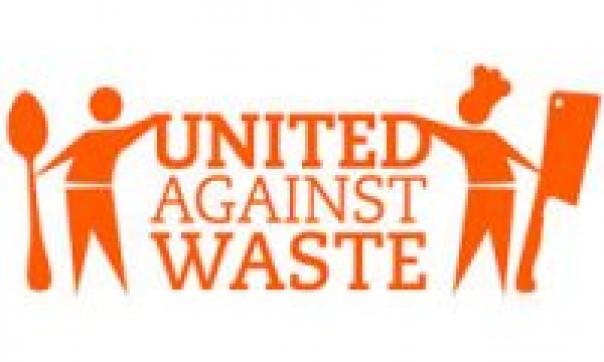7th Sep 2011 - 00:00
Image

Abstract
Unilever Food Solutions has today called for the foodservice industry to unite and tackle the issue of food waste with a single voice.
Some of the industry's leading operators and associations gathered in London to listen to key players in the sustainability field discuss the issue of avoidable food waste. WRAP, food waste campaigner Tristram Stuart, food writer and restaurateur Chris Barber, plus Sodexo and Whitbread Group, all brought their views to the table and outlined how simple changes can help caterers become more efficient, throw away less and save money. The forum coincided with the second launch of Unilever's World Menu Report series, which indicates how the focus on food waste is shifting towards the out-of-home channel. Unilever Food Solutions' managing director Tracey Rogers delved into the findings from the World Menu Report entitled 'Sustainable Kitchens: Reducing Food Waste': "The phrase waste not want not comes to mind. Findings from our World Menu Report tell us that consumers are concerned about the amount of food that is wasted when eating out and we know that if given the option they'd leave items they didn't want off of their order. "The industry has got a huge role to play and we must work together to achieve concrete results. Some caterers are already reducing avoidable food waste very effectively and we have also launched a toolkit for reducing food waste, Wise up on Waste, which will help caterers to make their businesses more efficient. Together we must be united and share best practice so we can tackle the issues head on." Key findings from the World Menu Report showed that: 82% of respondents said it was important that 'places to eat' aim to reduce the amount of food waste that is thrown away every day 40% would be prepared to pay more for meals in places that have a commitment to reduce food waste 48% of consumers globally believe food waste is a government responsibility 30% of consumers in the UK believe food waste is down to caterers and only 4% think it's the government's responsibility Tristram Stuart, food waste campaigner and guest speaker at the event, said: "The findings of the World Menu Report demonstrate that the spotlight on food waste is shifting from in-home to out-of-home. Food waste is a global problem - but it's also an opportunity for businesses and the public to save money and the environment. There is an urgent need for large businesses like Unilever Food Solutions to galvanise action in the foodservice industry to tackle this issue." Backing up the debate were figures from a OnePoll survey commissioned by Unilever. It canvassed 3,000 consumers across 29 cities and towns. Men vs. Women When eating out women are more concerned about the issue than men. This might be due to the fact that men are much more unlikely to leave anything on their plate. Over half the men surveyed said they always eat everything that's served up in front of them. However, when eating out men are more particular about what they eat, 12% of men cited bad food as a reason for leaving something compared to only 8% of women. Age old question Age is also an important factor. The older generations are more likely to clear their plates and young people are likely to order more than they can eat, and yet feel the most guilty when they cannot eat it. Paying the price When questioned about whether they'd like to be given the opportunity to leave something off their order they know they're not going to eat, 8 out of 10 women and 7 out of 10 men said they would and they'd be willing to pay the same price. 60% of people also stated that the reason they leave food on their plate is because they are too full. WRAP estimates that the cost of avoidable food waste is worth around £722 million. According to Unilever, this food is worth approximately £2.3 billion in lost sales based on a gross profit of 69%.